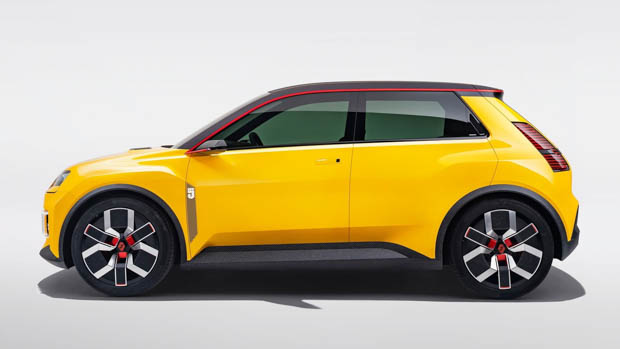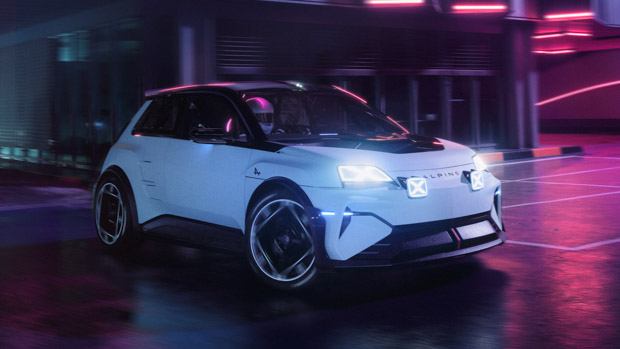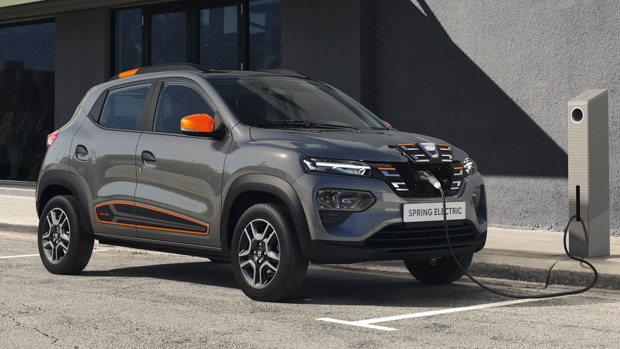-
Car Reviews
- All reviews
- Midsize SUVs
- Small cars
- Utes
- Small SUVs
- Large SUVs
- Large cars
- Sports SUVs
- Sports cars
- Vans
Latest reviews
- Car News
-
Car Comparisons
Latest comparisons
- Chasing Deals
CEO Luca de Meo cited Japanese Kei cars as the inspiration behind Renault’s proposed entry-level EV
Renault is looking to build an entry-level electric vehicle that can rival Volkswagen’s upcoming 20,000 Euro (around $30,000 AUD) EV.
This proposed EV was spoken about by Renault Group CEO Luca de Meo at the Financial Times Future of the Car summit that took place in London last week.
It was also revealed that Renault’s little EV would potentially go into production in 2027, which would put it up directly against Volkswagen’s entry-level EV.
“It’s one of the things that will enable democratisation of EVs that will potentially boost volume,” de Meo said.
The CEO also cited Japanese kei cars – sub 3.4-metre city cars – as a big inspiration behind the project. It seems that the strict size and power regulations appeal to where Renault might be heading with this EV.
“I like very much the idea of translating into European language the concept of kei cars in Japan. So I think that there is some intelligence in that kind of concept, because it’s not only a product issue. It is a product-plus-regulation [issue] to enable efficient and low-impact human mobility.”
It’s likely that the little Renault will be underpinned by the CMF-BEV platform that is also set to be used by the reborn Renault 5 and the Alpine A290.
In the Renault 5, European buyers will soon have the choice between a 40kWh battery or a 52kWh battery in the hatch. The brand claims up to 400km of range for the latter.
Despite this, it’s likely that the proposed entry-level EV will get an even smaller battery, potentially on par with that of the Dacia Spring EV’s 26.8kWh unit.
Latest news
About Chasing cars
Chasing Cars reviews are 100% independent.
Because we are powered by Budget Direct Insurance, we don’t receive advertising or sales revenue from car manufacturers.
We’re truly independent – giving you Australia’s best car reviews.


